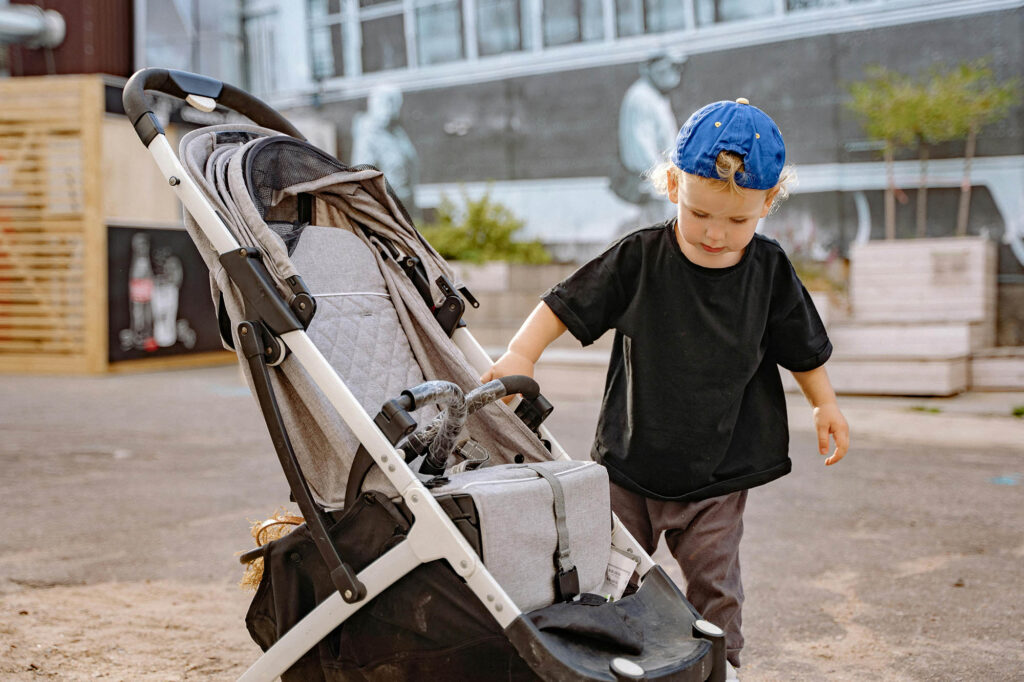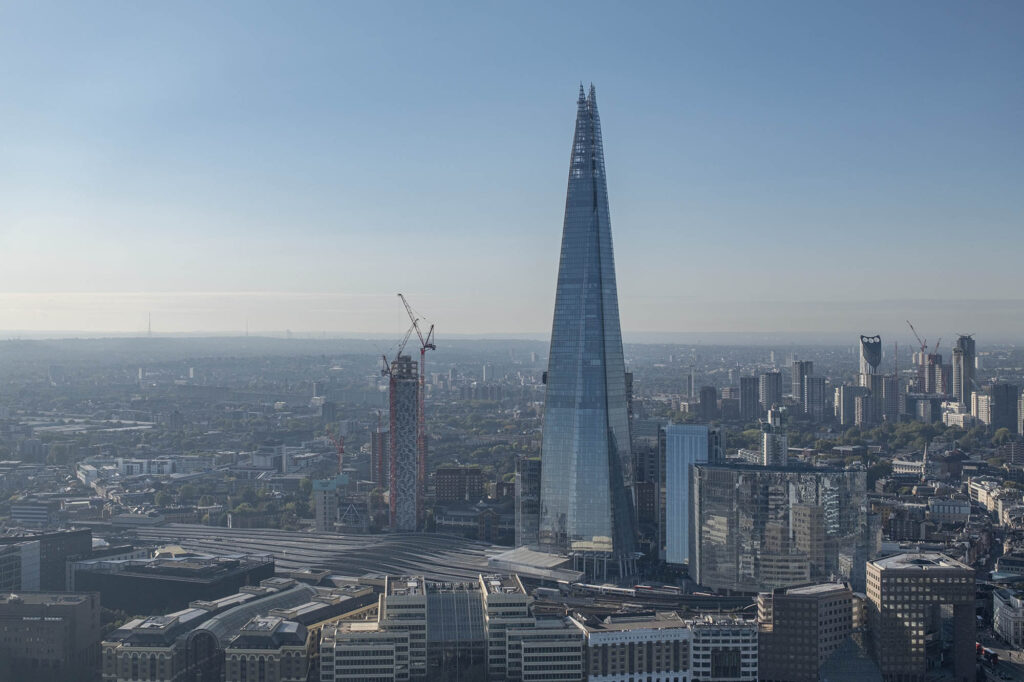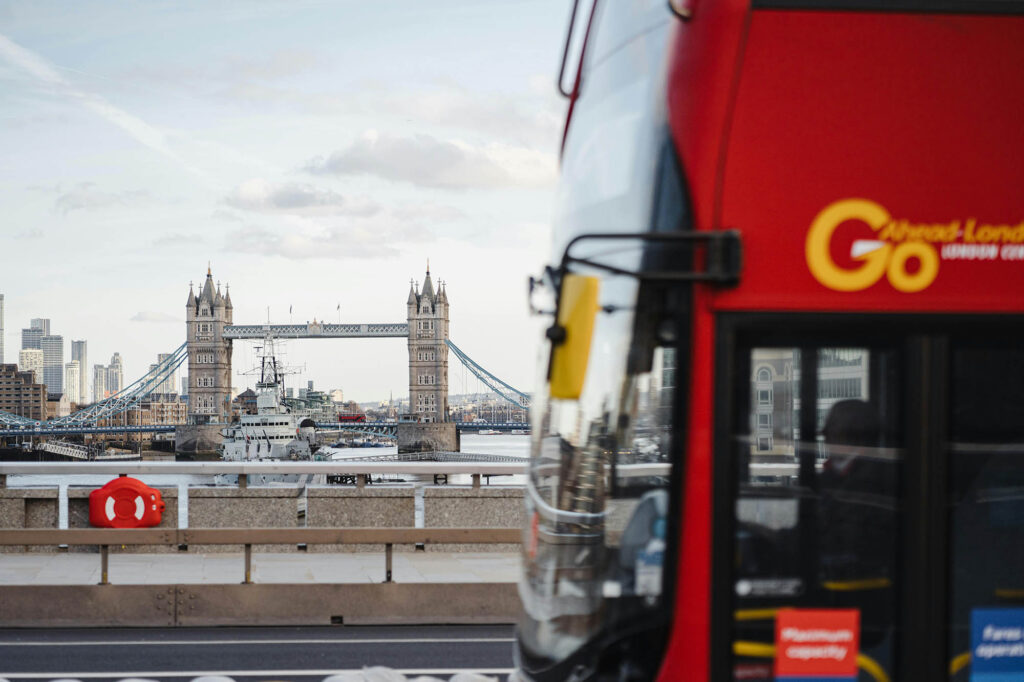Planning a family trip to London can be an exciting yet daunting task, especially when considering how many days you will need to explore London with children. Determining how long to spend in London with kids requires careful consideration of various factors, including the age of your children, their interests and preferences, and the pace of travel you want to maintain. In this guide, we’ll explore the key factors to consider when deciding how many days you need in London with kids, helping you plan a memorable and enjoyable family adventure in London.
Here are the factors you should think about when considering how long you should stay in London with children:
1. Where you are travelling from

When planning your family trip to London, it’s essential to consider where you’re traveling from, especially when traveling with children. Factors such as jet lag, travel fatigue, and adjusting to a new time zone can significantly impact on your stay and should be considered when planning your trip.
If you are flying in from a different time zone, particularly one with a significant time difference, it may take a few days for you and your children to fully adjust to the new schedule. Remember that in terms of jet lag it is always more difficult to travel West to East, than it is to travel East to West.
Arriving a day or so before you plan to start your sightseeing adventures in earnest can provide much-needed time to rest and recuperate from travel fatigue, allowing everyone to acclimatise a bit to the new surroundings and time zone.
Alternatively, consider planning an itinerary that provides for flexibility and downtime in order to accommodate jet lag and fatigue, this may mean that your stay in London might need to be longer than it might otherwise be if doing full days of sightseeing.
By taking into account the effects of travel on you and your children, you can plan a trip to London that allows for a comfortable and enjoyable experience from start to finish.
2. The age of your children

The age of your children is a crucial factor to consider when planning the duration of your trip to London.
Infants may happily sleep in a carrier or stroller/pram and although you may need to take breaks for feeds, they are relatively easy to sightsee with.
Whilst it’s not a bad idea to have a pushchair for sightseeing with toddlers (for those times when they get tired or you need to get somewhere relatively quickly), toddlers will invariably want to stretch their legs and explore at their own pace, which may slow you down somewhat.
For school-age children, longer stays may be beneficial to allow for deeper exploration of attractions and activities suited to their interests or their school subjects.
Teenagers, on the other hand, are likely to have their own ideas about what they might want to see and do. They are perhaps less likely to be bothered by seeing the main historical sights, so you may need to allow more time to explore less well-known attractions.
Considering the age range of your children will help tailor your itinerary to ensure a balanced and enjoyable experience for the whole family.
3. Interests and preferences

Understanding your children’s interests and preferences is essential in determining the ideal duration for your trip to London.
Iconic landmarks like Buckingham Palace, the Tower of London, and the London Eye are must-visits for many families, but whereas some will be content to see these sights from the outside, others will want to take time to explore them.
Families with a passion for museums and cultural attractions may need additional days to fully explore renowned institutions like the Natural History Museum or the British Museum. Museums that offer interactive exhibits and hands-on activities can easily fill the best part of a day.
In contrast, if your family enjoys outdoor activities, such as exploring parks and playgrounds, you may want to allocate more time for leisurely strolls through Hyde Park, picnics in Regent’s Park or a trip to Kew Gardens.
Once you have considered your children’s interests, you can start to plan out an itinerary and you will start to understand how much time you need to spend in London in order to do and see everything that you want to.
4. Pace of travel
Consider the pace at which you and your family prefer to travel when determining the duration of your trip to London. A fast-paced itinerary may allow you to cover more ground and visit multiple attractions in a shorter amount of time, but it can also be exhausting, especially for young children.
On the other hand, a more leisurely approach to travel allows for ample time to explore each destination at a relaxed pace, with plenty of breaks for rest and relaxation, but more time spent in London generally means higher accommodation costs (at least, not to mention the potential need for more annual leave).
5. Seasonal considerations

Take into account the season in which you plan to visit London when determining the duration of your trip with children. Weather conditions can greatly impact outdoor activities and sightseeing opportunities.
While London’s weather is changeable at best, you can generally expect colder temperatures and rainier weather during the winter months. London rarely experiences snow or ice that sticks around for long, even in the depths of winter, but it can get very cold. If visiting during winter you should consider allowing more time in your days to seek respite from the cold in cafes and restaurants or back at your hotel.
Summer in London doesn’t generally reach the temperature highs that most of southern Europe does, but it can still get very hot and travelling around can get quite uncomfortable (most of the Tube network doesn’t have air conditioning). You may find yourself needing to take matters at a slower pace than you might otherwise do during summer.
Additionally, be mindful of peak tourist seasons. During summer and school holidays attractions may be more crowded so you may find that you need to spread out your sightseeing to see more in the mornings before attractions get super busy (which may mean you need more days in London).
Special events and festivals happening during your visit may also influence the duration of your trip, as you may want to allocate extra time to attend these festivities.
6. Transportation and logistics

When determining how many days you need in London with children, consider transportation and logistical factors that may affect your itinerary. London offers an extensive public transportation network, including buses, the Tube, and trains, which can make getting around the city with children relatively convenient. However, factor in travel time between attractions and accommodation, as well as any potential delays or disruptions that may occur.
Consider the proximity of your accommodation to major attractions, getting a hotel in central London that is close to all of the attractions will be convenient and save time but it comes with a cost. Booking a hotel that is a bit further out will save on costs but will mean that you need to allow for more time to get to and from your hotel.
7. Budget

Consider your budgetary constraints when deciding how many days you need in London with children. London can be an expensive city to visit, with costs associated with accommodation, transportation, dining, and attractions adding up quickly, especially for families.
Take into account the cost of attractions and activities you plan to participate in, as well as the daily expenses for meals and incidental purchases. Setting a realistic budget for the duration of your trip will help you determine the appropriate number of days to spend in London without overspending or sacrificing the quality of your family’s experience.
Conclusion
By taking into account all of these factors, you will be able to determine how long to spend in London with kids, balancing budget and the interests and preferences of the whole family.
Have any insights on other things to consider when determining how many days you need in London with kids? Let us know in the comments.



1 comment
[…] initial research is a vital first step in planning your London trip, as it will help you to decide how many days you need in London and will shape your itinerary, budget, and overall experience. Start by identifying key attractions […]